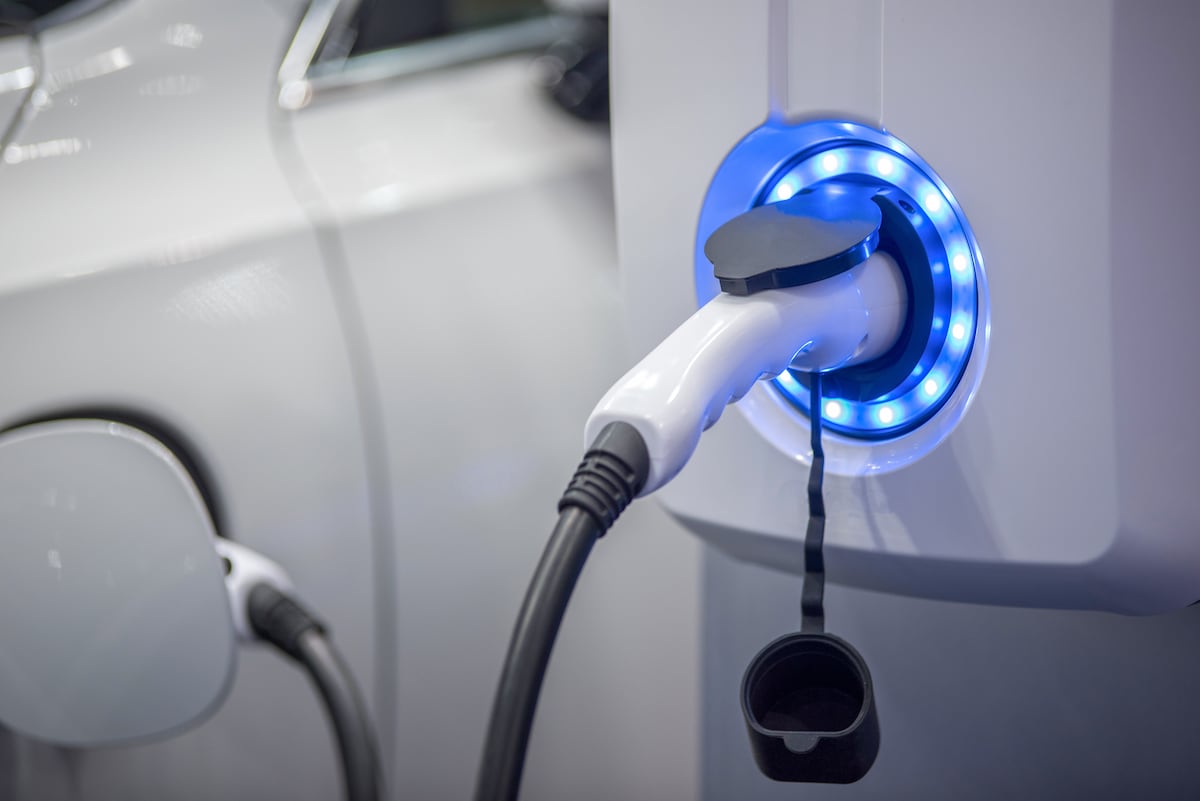What's it cost to charge an EV?
The refuelling costs of an EV are significantly less than a traditional petrol car. In an electric car, with charging costs based on an assumed rate of $0.22 per kWh, 100km can cost between $3 to $5. While the same in a petrol car will cost around $15 or higher, depending on the fuel price.
Using smart chargers, most electric cars can be fully charged in as little as four hours (standard electrical points generally take between eight and 12 hours).
If we were to compare electric vehicles by model, cars with bigger batteries, like the Tesla S Model at 100kWh, for example, would cost around $22 to charge fully.
Whereas a 2019 Nissan Leaf with a 40kWh battery size would be fully charged after $8.80. So, like larger petrol-powered vehicles have higher fuel costs and tank capacity than smaller models, electric vehicle charging costs largely depend on the model and battery size.




